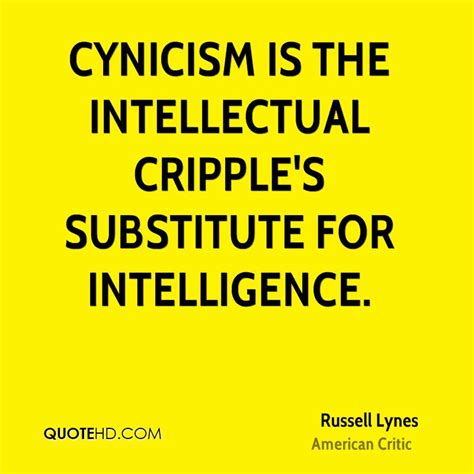A Quote by George Orwell
Using clichés is a substitute for thinking
Quote Topics
Related Quotes
Beware of clichés. Not just the clichés that Martin Amis is at war with. There are clichés of response as well as expression. There are clichés of observation and of thought - even of conception. Many novels, even quite a few adequately written ones, are clichés of form which conform to clichés of expectation.
In man's life, the absence of an essential component usually leads to the adoption of a substitute. The substitute is usually embraced with vehemence and extremism, for we have to convince ourselves that what we took as second choice is the best there ever was. Thus blind faith is to a considerable extent a substitute for the lost faith in ourselves; insatiable desire a substitute for hope; accumulation a substitute for growth; fervent hustling a substitute for purposeful action; and pride a substitute for an unattainable self-respect.







































